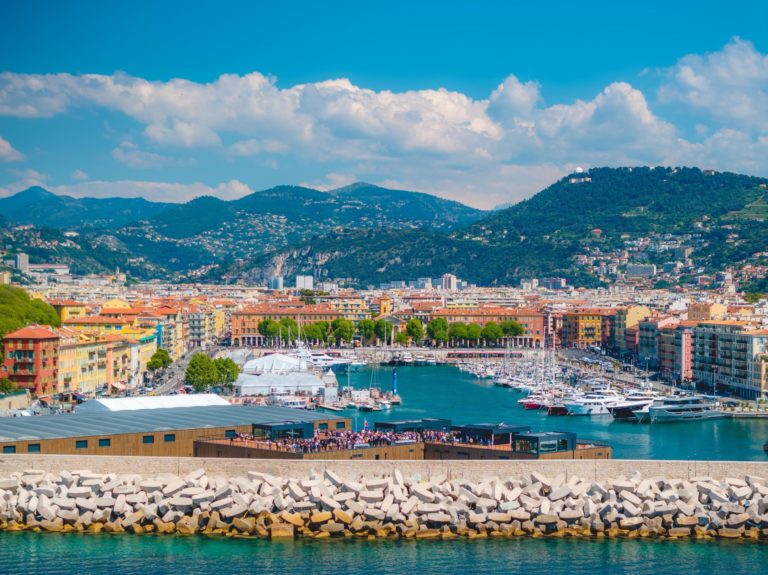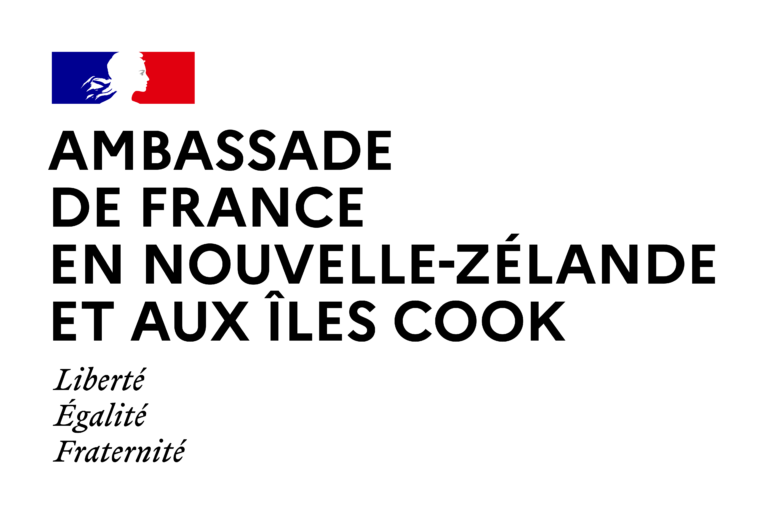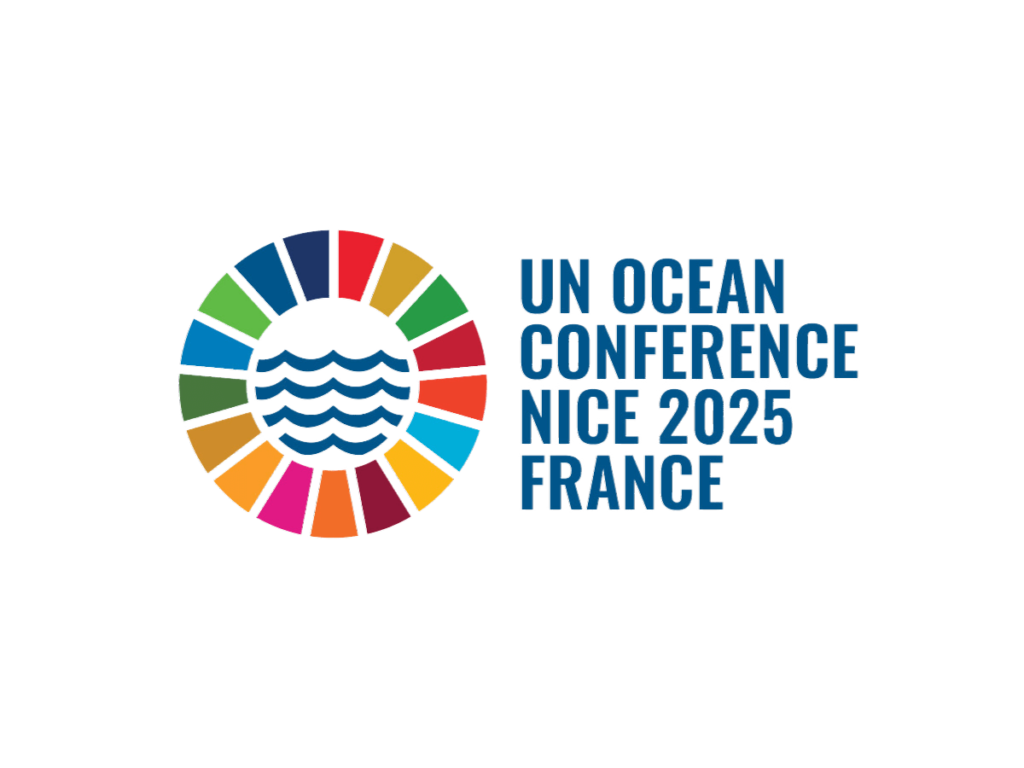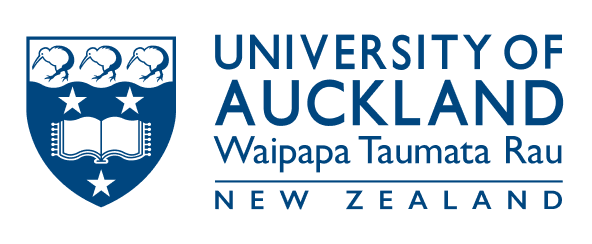Blue Talks
Blue Cradle, in partnership with the French Embassy hosted a national Blue Talks series to help navigate Aotearoa New Zealand’s path to the 3rd UN Ocean Conference in Nice, France, in June 2025.
In collaboration with the French Embassy in New Zealand, Marine Communications, Diplosphere, and the University of Auckland, we are delivering a series of three Blue Talks to help chart Aotearoa New Zealand’s course toward the 3rd United Nations Ocean Conference (UNOC3), taking place in Nice, France, in June 2025.
The first two events—focused on marine policy in Te Whanganui-a-Tara/Wellington and marine science and innovation in Ōtautahi/Christchurch—have already brought together ocean stakeholders from across sectors to discuss challenges, share solutions, and shape messages for UNOC3.
The final event took place on 28 May 2025 in Tāmaki Makaurau/Auckland, with a focus on the blue economy. Hosted at the University of Auckland, this Blue Talk explored sustainable marine development and investment pathways for the decades ahead.
Tangata Whenua, government officials, scientists, NGOs, entrepreneurs, students, and international partners are contributing to this important national dialogue series, aligning efforts to advance SDG 14 – Life Below Water.

France and Costa Rica co-organized the 3rd United Nations Ocean Conference (UNOC3) in Nice, France, from 9–14 June 2025. In preparation, “Blue Talks” were held globally—including in New Zealand and the Pacific—to gather regional priorities and align on shared ocean goals.
These discussions focused on three pillars:
Advancing multilateral ocean processes like BBNJ, plastics, fisheries, and deep-sea mining governance;
Mobilizing and innovating ocean finance to meet SDG14;
Strengthening ocean science for informed, evidence-based decision-making.
Supported by






